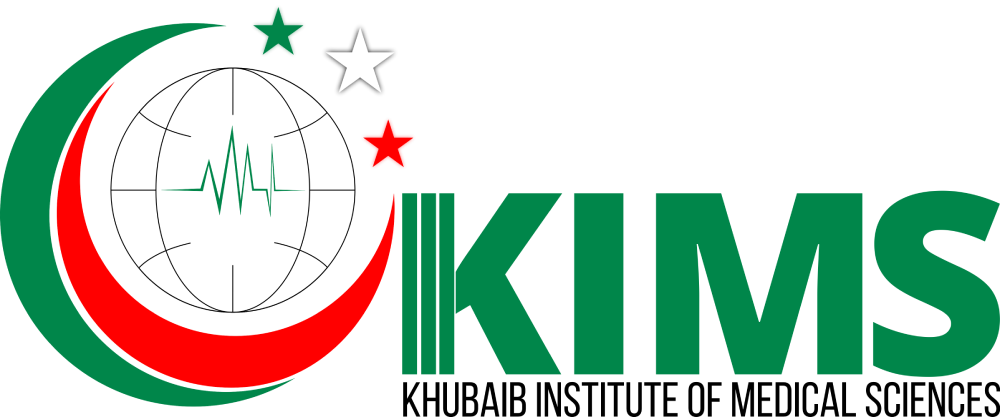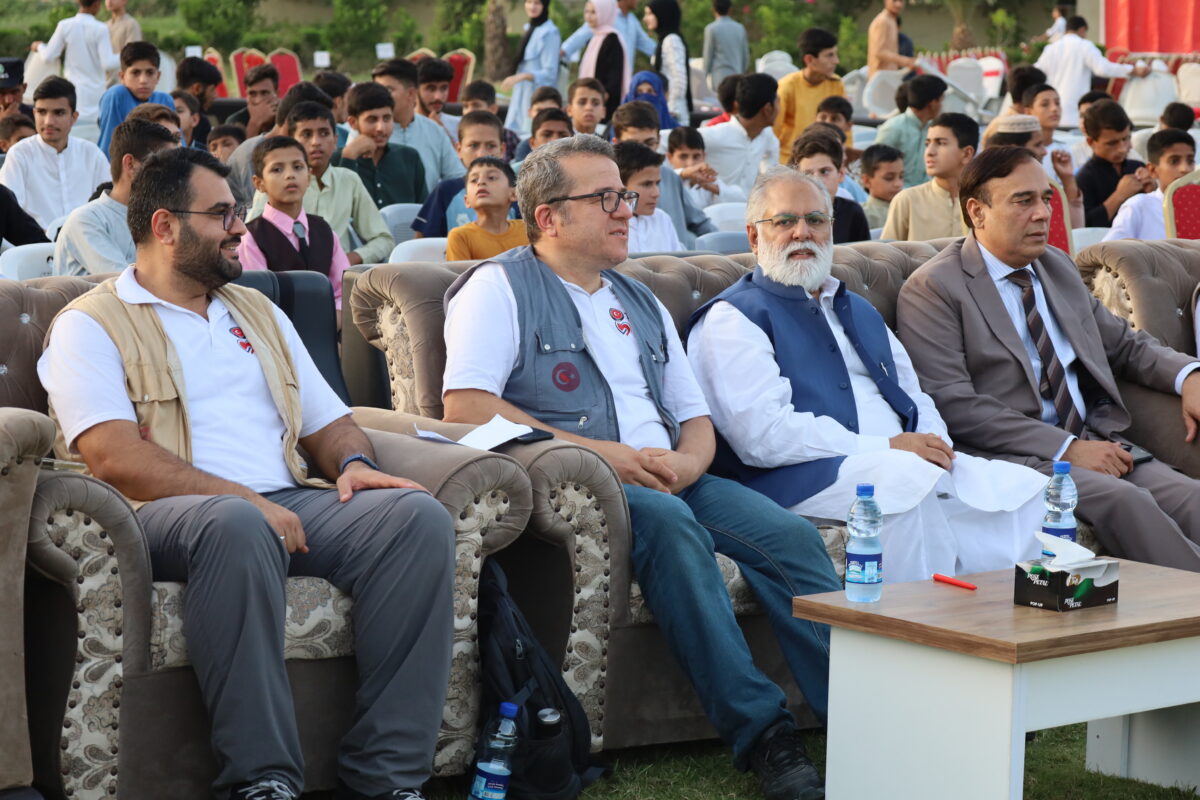Introduction
Community Midwifery, often referred to as CMW, plays a crucial role in providing personalized and holistic care to expectant throughout their pregnancy journey. With a focus on empowering women to make informed decisions about their health and well-being, CMW services aim to support mothers in achieving a positive birthing experience.
Understanding Community Midwifery
Community Midwifery is a model of care that emphasizes building strong relationships between midwives, pregnant women, and their families. These midwives work within the local community, offering continuous support, education, and guidance to expectant mothers from prenatal to postnatal care.
Benefits of Community Midwifery Services
Personalized Care: Community Midwives develop individualized care plans tailored to the unique needs of each woman.
Continuity of Care: Through regular appointments and follow-ups, CMW ensures a consistent and reliable support system for pregnant women.
Education and Support: Midwives provide valuable information on pregnancy, labor, childbirth, and newborn care, empowering women to make informed choices.
Emotional Support: CMW services prioritize emotional well-being, offering a safe space for mothers to express their feelings and concerns.
Postpartum Care: Beyond childbirth, community midwives offer postpartum support, including breastfeeding assistance and mental health resources.
Scope of Community Midwifery in the US for Pakistani Students
For Pakistani students aspiring to pursue a career in community midwifery in the US, the scope is promising and multifaceted. The US healthcare system increasingly values the role of midwives in providing personalized and comprehensive care to expectant mothers. Pakistani students can benefit from advanced training programs, cutting-edge research opportunities, and diverse clinical experiences available in the US. Moreover, the cultural competence gained from understanding and integrating diverse community needs can be invaluable when they return to practice in Pakistan. Additionally, Pakistani students can contribute unique perspectives and skills to the US midwifery landscape, fostering cross-cultural exchange and enhancing maternal care outcomes both domestically and internationally.
Jobs and Demand for Scope of Community Midwifery
The demand for community midwifery services is on the rise globally, driven by a growing recognition of the benefits of personalized and holistic maternal care. In countries like the United Kingdom, the National Health Service (NHS) has seen a significant increase in the recruitment of midwives, with an estimated need for 3,000 additional midwives to meet current demand. Similarly, Australia projects a 15% growth in midwifery jobs over the next decade, reflecting an increasing emphasis on community-based care. In Pakistan, the scope for community midwifery is expanding as efforts to improve maternal health outcomes intensify; the country needs an estimated 20,000 midwives to address the maternal and neonatal healthcare gap, particularly in rural areas. The World Health Organization (WHO) has highlighted the critical role of midwives in achieving the Sustainable Development Goals (SDGs), particularly those related to maternal and child health, further emphasizing the global need for well-trained community midwives.
Top-Paying Specializations for Community Midwifery
Community midwifery offers various specializations that can significantly enhance earning potential. Among the top-paying specializations, Certified Nurse Midwives (CNMs) in the United States can earn an approximately $9,583 per month. In the UK, midwives specializing in newborn care can earn upwards of £3,750 per month. Australian midwives with expertise in home birthing services may earn between AUD 7,500 to 10,000 per month. In Pakistan, community midwives working in urban centers and affiliated with international NGOs can earn salaries ranging from PKR 50,000 to 75,000 monthly. These figures illustrate the financial benefits of advanced training and specialization, reflecting a growing recognition of the critical role midwives play in maternal and newborn health across different healthcare systems globally.
Entry Requirements
Community Midwife (CMW) (18 months Diploma Program)
- Qualification: Matric (either Art or Science) with 40% marks ·
- Age Limit: 14-40 years
Why Choose Khubaib
Khubaib Institute of Medical Sciences and Nursing outclasses in providing top-tier education and training in the field of CMW. Our program is distinguished by state-of-the-art facilities and innovative training methods that offer students comprehensive, hands-on experience and real-world clinical practice. Our admired faculty, who are leaders in their respective fields, are dedicated to imparting a deep understanding of midwifery care and maternal health. This program trains aspiring midwives with the essential skills and knowledge required to deliver personalized and complete care to expectant mothers, ensuring positive birthing experiences and enhanced maternal and neonatal outcomes. With a strong prominence on practical experience, continuous support, and compassionate care, Khubaib prepares graduates to make a significant impact in their communities and advance their careers in midwifery.










